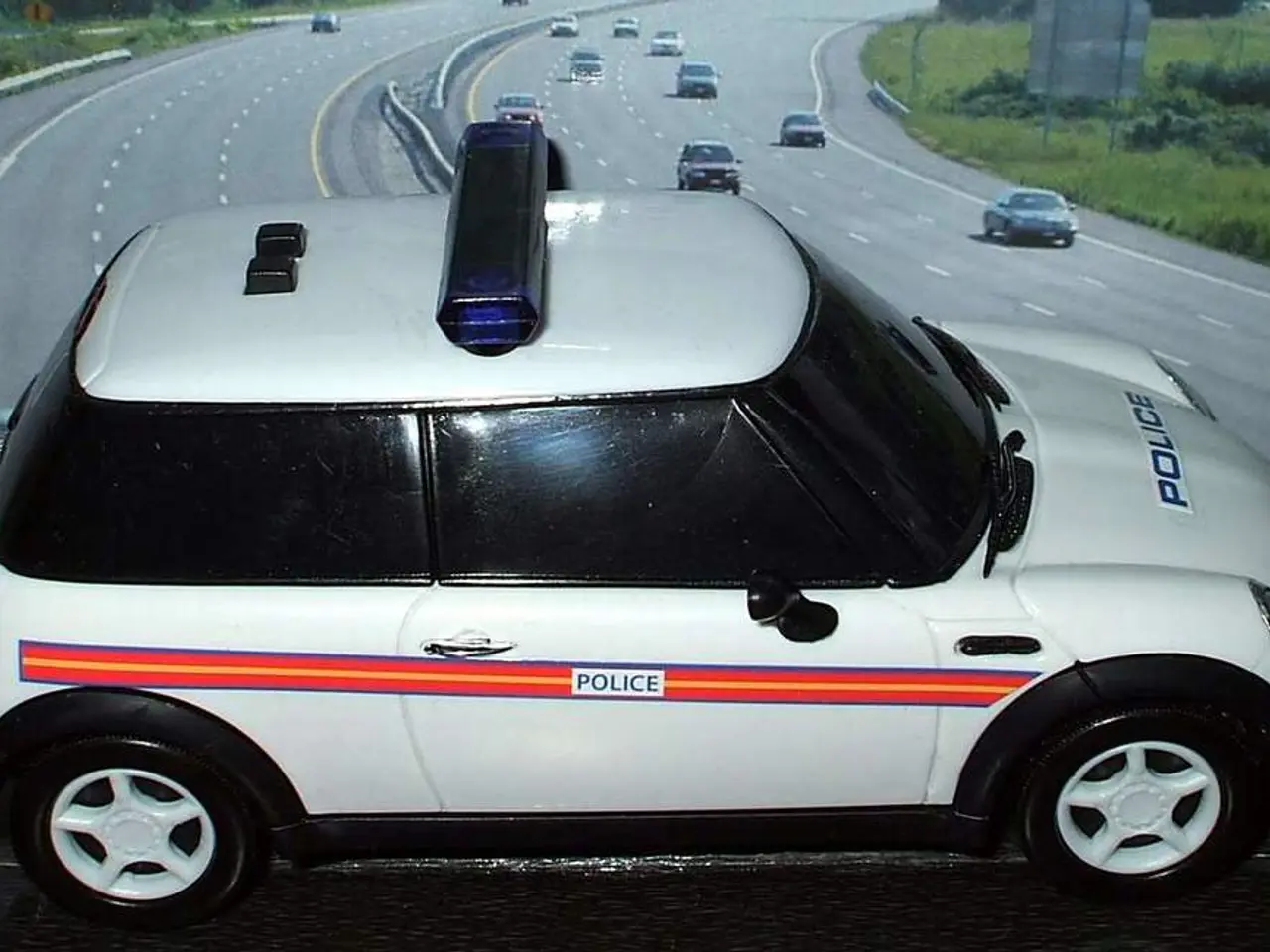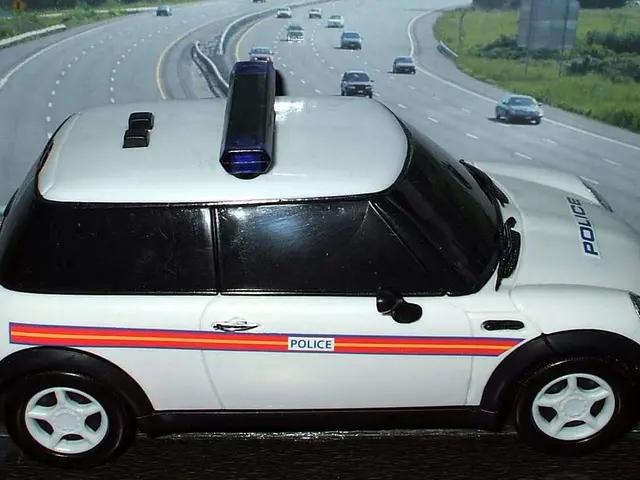Military intervention considered for addressing drug-related violence in Brussels, Belgium
In a bold move to combat escalating drug violence, Belgium's Security and Home Affairs Minister, Bernard Quintin, is planning to deploy soldiers on the streets of Brussels. This decision, which is nearing realization, aims to reinforce the city's security forces and bring the spiraling violence under control.
Quintin, a native of Brussels, has described the security situation in his hometown as "catastrophic" and criticized the brazen attitude of drug traffickers in the city. The political decision to deploy soldiers has been taken, but the details are still being ironed out, with Quintin pushing for implementation "as soon as possible."
Under Quintin's plan, soldiers will operate in mixed teams with police, patrolling around metro stations and certain districts, such as Peterbos in the Anderlecht commune in the southwest of Brussels. This measure is part of a broader "large cities" plan, which also includes increased camera surveillance among other measures, and covers the cities of Antwerp, Ghent, Liege, Charleroi, and Mons, besides the Brussels region.
Brussels prosecutor Julien Moinil has expressed concern about the escalating violence and has asked for €10 million to improve safety in Brussels. However, Moinil claims that authorities aren't providing the necessary resources. Moinil, who is under police protection due to threats from traffickers, has warned that innocent citizens in Brussels risk being caught in the spiraling violence.
The political paralysis in Brussels, as the capital has so far failed to establish a government following elections in June 2024, provides a backdrop for authorities' attempts to clamp down on drug crime. Georges-Louis Bouchez, the national leader of Quintin's party, has repeated that Brussels will "inevitably" be placed under control of the national government.
Quintin made these comments in an interview with De Standaard published on Saturday. David Leisterh, the Brussels leader of Quintin's French-speaking liberal MR party, has suggested that it could become necessary to organize new elections. Frédéric De Gucht, representing the Flemish liberal Open VLD party in Brussels, has questioned the need for military intervention, suggesting that the €10 million requested by Brussels prosecutor Julien Moinil could be used to address insecurity instead.
Belgium's Justice Minister Annelies Verlinden is asking for an additional €1 billion for her department in budget negotiations. No specific information was provided about the current status of the budget negotiations or the potential allocation of funds for the plan to deploy soldiers.
This year, Brussels has experienced a spate of drug-related shootings, with 57 shootings recorded so far, including 20 over the summer. The deployment of soldiers on the streets of Brussels represents a significant escalation in the government's response to the drug violence that has plagued the city.
Read also:
- Asthma Diagnosis: Exploring FeNO Tests and Related Treatments
- Annual castle celebration marking the anniversary of the Landshut wedding
- Heavy Rain in Delhi Causes Yamuna Flooding, Impacting DMRC's Access to Yamuna Bank Metro Station - Current Information
- Voting location now active for citizens to cast their ballots.








